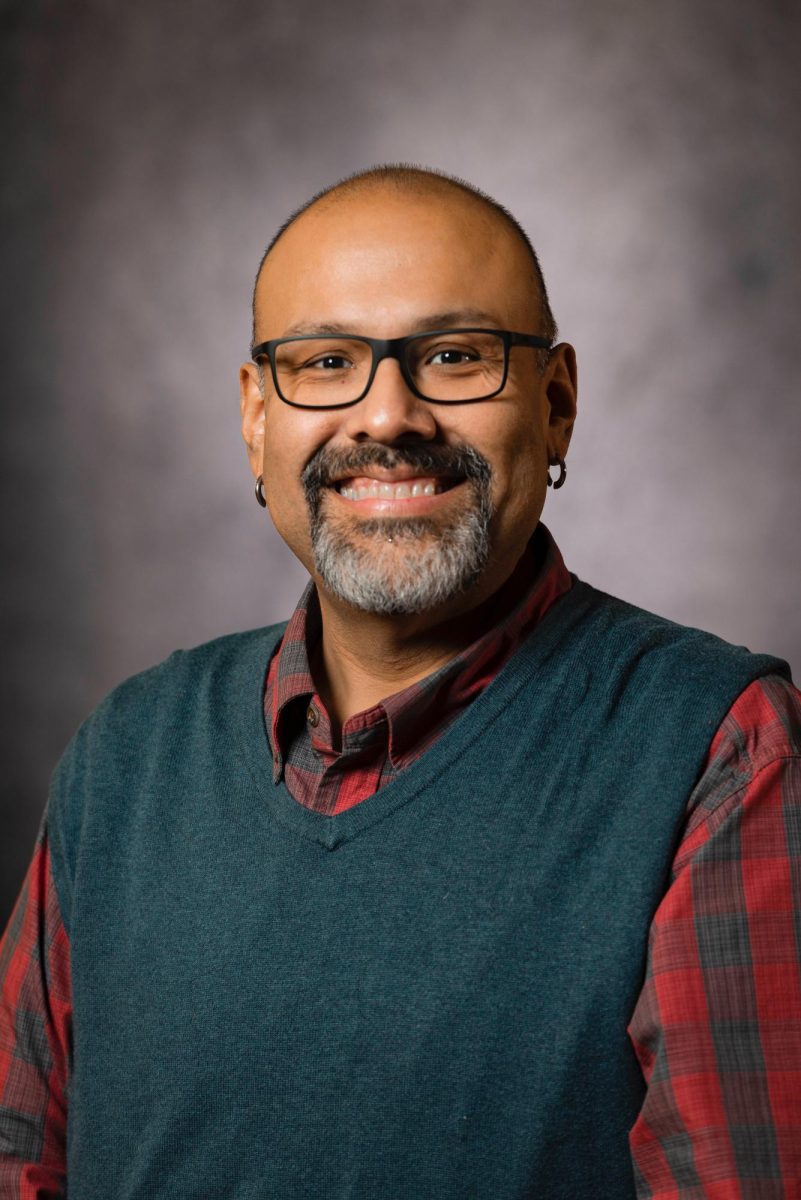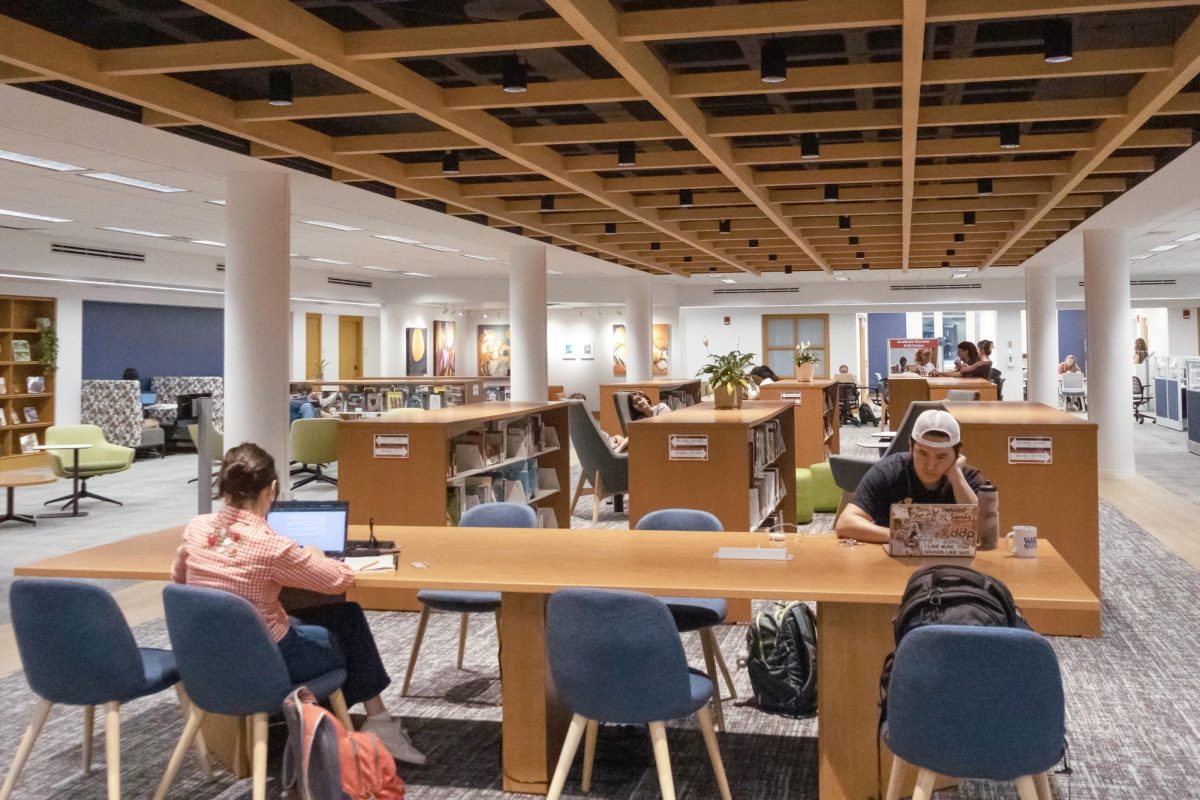For Macalester’s Division of Student Affairs, properly providing care for students means being accessible to them. Despite all of its backend administrative and institutional duties, the department prioritizes time for conversations with students. On Dec. 18th, the division will welcome Dr. Javier Gutierrez, who shares this passion for the department’s accessibility, as the next dean of students. Both Gutierrez and Dr. Kathryn Kay Coquemont, who will stay on as the vice president for student affairs after previously working as both the vice president for student affairs and the dean of students, emphasize that the addition of Gutierrez will result in the division being more open to the student body.
“When you’re in a leadership position, you get pulled in so many places, and you don’t want to get pulled away from students,” Gutierrez said. “This is a way to increase that availability.”
“A lot of students have asked me what this means in terms of my presence … the reality is, now there’s two of us,” Coquemont added. “It’s going to increase [our] capacity for us to serve students.”
For Gutierrez, a key part of expanding access is acknowledging that, historically, students have not received care equally at academic institutions, thus requiring leaders within higher education today to center equity and social justice. In fact, it was Macalester’s reputation as a community-oriented institution that attracted Gutierrez to the dean of students position.
“What attracted me to Macalester was the liberal arts-minded community … and the international focus,” Gutierrez said.“I need to be surrounded by a diverse group of students in what they’re looking to do with their lives.”
Macalester’s social justice profile is congruent with what has been a theme of Gutierrez’s career. In previous roles Gutierrez has held, when institutions discussed cutting costs, such as hypothetically eliminating winter housing, he stressed the impact this would have on international students or domestic students who cannot return home. More tangibly, in Gutierrez’s most recent position as the University of Minnesota Rochester’s associate vice chancellor for student success, engagement and equity. Gutierrez worked with the school’s Disability Resource Center when making plans for a new residence hall to ensure that the building was constructed with accessible lighting and signage.
“Social justice is a part of my vocational calling to make sure all students always feel included, welcomed [and] always have an equitable chance and opportunity because I didn’t as a first-generation, Latino gay male,” Gutierrez said. “Who we are plays into how we function and walk through campus. It’s just a part of who I am.”
Coquemont also stresses the importance of equity within academia and pushed to select someone who shares this vision for the position.
“I think it’s a moral imperative of higher education to think about access, equity and care for students who have been underserved,” Coquemont said. “There wasn’t going to be someone who was a fit for this role that didn’t share that belief.”
Being available to students does not only apply to times when student demands are simple and easy. The past few months have seen extensive student organizing on campus, resulting in students being more ardent about their demands than ever. For both Gutierrez and Coquemont, creating an accessible department means being open to conversations that both make students feel heard and provide them with practical institutional knowledge.
“For me, it’s [about] the care for the students,” Gutierrez said. “Are they being heard? Are they being cared for? Are they in a place to talk, vent and be in community? So that’s first and foremost. Part of my role is also going back to students and saying ‘Here’s where things are at, here’s what I understand … if you’re requesting things, here’s the best way to … get your seat at the table [and] to formalize a request.”
“Hopefully our reputation with the student body is that we always have time for a conversation,” Coquemont said.
On a much simpler level, Gutierrez’s attention to accessibility stems from a love for connecting with students. When Gutierrez starts, he wants to engage with students where they already are: in dining halls, the campus center or residential areas. Throughout his career, Gutierrez has used relaxed environments and his common interests with students to engage with them more effectively, such as relating to students through a love for gaming or anime and even helping students organize a drag show on campus while at the University of Minnesota Rochester. Following in the footsteps of his predecessor Coquemont, who has Rickrolled students in every single email she has sent them, Gutierrez’s accessibility to students is rooted in organic connections and fun.
“I’m gonna find my way of having fun with students and showing them that I’m a person too,” Gutierrez said.











